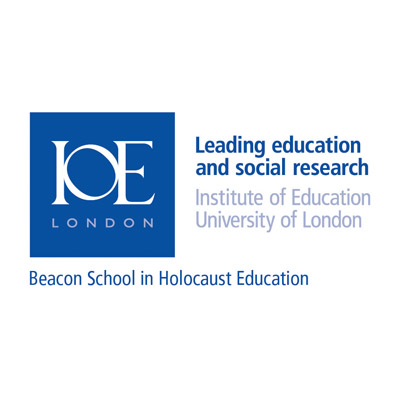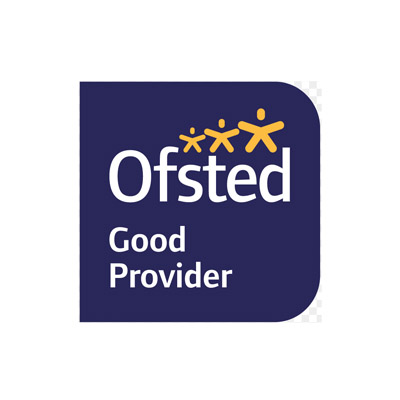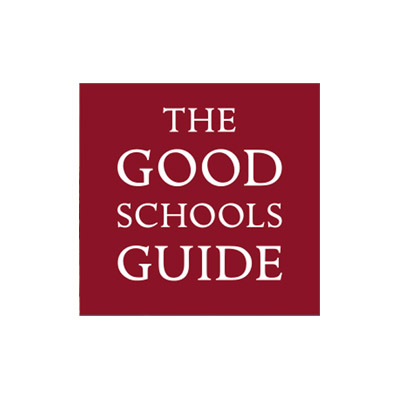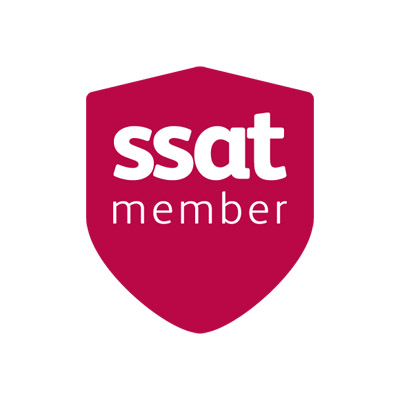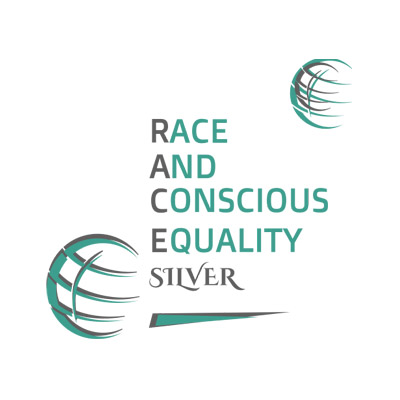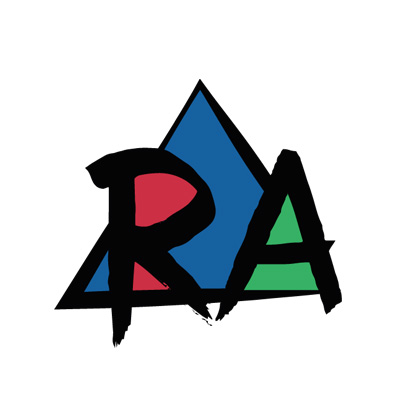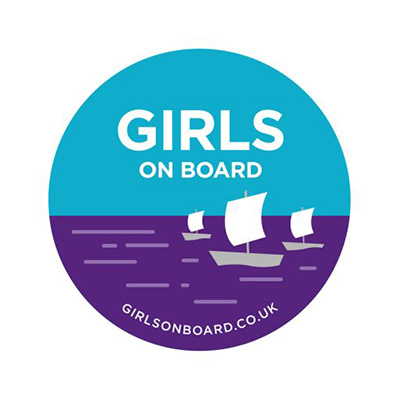Religious Education
About the Department
Ms Mackin, Head of RE: Key Stage 3 to Key Stage 5
Mrs Kelly: Key Stage 3 to Key Stage 4
Miss Pothunnah: Key Stage 3 to Key Stage 5
Ms Ellis: Key Stage 3 and Key Stage 4
Miss Peirce: Key Stage 5
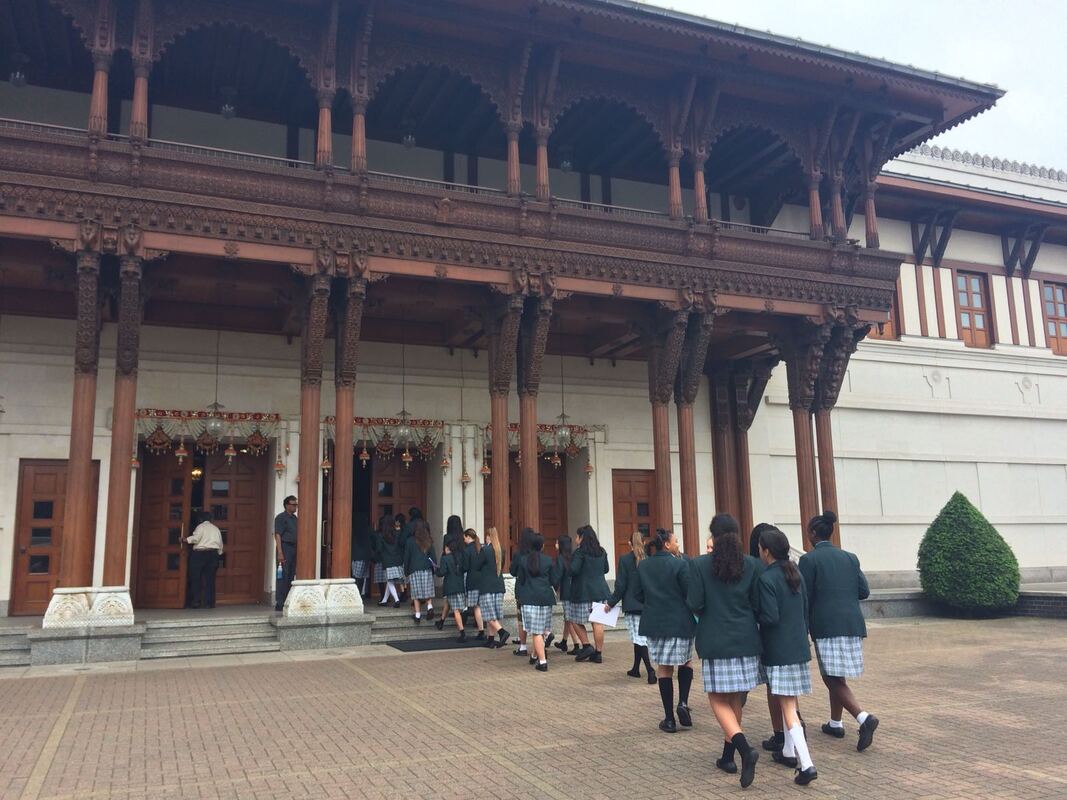

Key Stage 3 Religious Education
Year 7
Year 7 begin their first term looking at the importance of belonging to our Catholic school community. They study the meaning of the Mission statement, the history of the Sisters of the Holy Cross, St Francis of Assisi and the School Badge.
This gives them an idea of the background of the school and important values of the community they are joining. Throughout the rest of their first year they study a variety of topics including the Sacrament of Baptism and Reconciliation, Prayer, the importance of the Bible as the Living Word of God, Jesus the Saviour, Hinduism and the Birth of the Church. Year 7 have individual class liturgies and access to chapel activities during the year. Year 7 also have the opportunity as part of their studies to visit a Hindu temple.
Year 8
The Year 8 course begins with a very interesting topic on Creation which looks closely at Christian attitudes to the earth and care for God’s creation. They follow this with topics on God’s revelation in human history, Judaism, the Eucharist, the Sacrament of Confirmation, the Call to Holiness and finish the year looking at Social Justice and the Common Good.
Year 8 also have a retreat day on ‘The Mass’ which takes place at the Holy Cross Preparatory school, as well as class masses throughout the year. Year 8 have speakers in from a local Jewish synagogue where they have an opportunity to develop their knowledge and understanding of Judaism.
Year 9
The Year 9 course involves a study of ultimate questions and Philosophy of Religion (e.g. issues of life and death and proof of God’s existence); Islam and links between Monotheistic religions; Vocation – thinking about the future, Marriage, Holy Orders and Religious Life; Conscience; Moral Issues and the Life and Teaching of Jesus in preparation for GCSE.
They begin their GCSE Ethics course in the summer term looking at Relationships. Year 9 have the opportunity to take part in a pilgrimage to Wintershall to watch ‘The life of Christ’, an outdoor production on Jesus’ life. Year 9 also have a ‘Post Confirmation’ liturgy based on the theme ‘Go out to all the nations’.
Assessment:
At KS3 the students normally have four assessment pieces per term, two peer/self assessed pieces and two assessments. They are continually assessed by their teachers on the quality of the work they complete and participation in lessons over the year.

Key Stage 4 Religious Education
Topic List
In Year 10 we study Perspectives on faith. There are two parts to this:
- The study of Judaism. This is where we look at the influence of the beliefs, teachings and practices studied on individuals, communities and societies. This includes topics such as The Nature of God, Sanctity of Life, Free Will and Mitvot, the Synagogue, Bar and Bat Mitvah and many more.
- There are two religious, philosophical and ethical studies themes in this section (RPE), Religion, relationships and families and Religion, human rights and social justice. Some of the topics included are Human Sexuality, Marriage, Divorce, Family, Gender Equality, Human Dignity, Rights and Responsibilities, Wealth and Greed, CAFOD and Christian Aid, Racial Prejudice and Discrimination and many more.
In Year 11 we study Catholic Christianity and focus on Catholic beliefs, teachings, practices, sources of authority and forms of expression in relation to six topics: creation, incarnation, the Triune God, redemption, church and eschatology.
What you will study:
The content of the course is very broad and develops many important key skills such as critical thinking, written communication, debate and effective revision techniques. You will be expected to discuss and debate ethical issues of concern in society today as well as having the opportunity to study in depth another world religion. Religious Studies requires you to demonstrate an awareness and appreciation of a variety of points of view and this is essential in the world today.
Course Content:
There are 2 papers:
- Paper One: Catholic Christianity
- Paper Two: Perspectives on faith
Assessment:
There are two exams, both taken at the end of Year 11 which are worth 50% (1 hour 45 minutes each). There is no coursework or controlled assessment.
Qualification:
GCSE
Board:
Specification:
Key Stage 5 Theology, Philosophy and Ethics
What you will study:
This course involves the study of three disciplines; Philosophy, Ethics and New Testament.
| Discipline | About | Course Content |
|---|---|---|
| Philosophy | Students will engage with arguments and debates on religious and non-religious views of life, which focus on some key areas of controversy that shape modern views of the world, such as the problem of evil and suffering.
Students will extend their understanding through engagement in debates on issues such as the value of evidence based on accounts of religious experience. They will analyse and evaluate particular viewpoints of thinkers who have contributed to these debates. |
Philosophical issues and questions; The nature and influence of religious experience; Problems of evil and suffering; Philosophical language; Works of scholars; Influences of developments in religious belief. |
| Ethics | In this paper, students will study issues and practical problems such as equality, war and peace and sexual ethics. These issues and problems will provide a sufficient balance of breadth and depth for students to acquire the skills they need to address a wide range of contemporary moral dilemmas and to progress to further study.
A representative array of ethical stances provides a basis for discussion and debate about major issues. This is further sharpened by engagement with the views and stances of significant ethical thinkers who have contributed to the debates. |
Significant concepts in issues or debates in religion and ethics; A study of three ethical theories; Application of ethical theories to issues of importance; Ethical language; Deontology, Virtue Ethics and the works of scholars; Medical ethics: beginning and end of life issues. |
| New Testament | Students will develop and extend their familiarity with the Gospel texts themselves and with the critical study of Christian beliefs about the status of the Bible and about Christian understanding of the meaning of the texts. They will be able to consider the views of important interpreters of the texts and contributors to the debate about the authority of the Bible in the Christian Church.
These studies will give students the opportunity to explore links between this paper and other areas of study, for example in relation to Christian values in relation to the study of Ethics or the miracles of Jesus in relation to philosophical issues about their credibility. |
Social, historical and religious context of the New Testament; Texts and interpretation of the Person of Jesus; Interpreting the text and issues of relationship, purpose and authorship; Ways of interpreting the scripture; Texts and interpretation: the Kingdom of God, conflict, the death and resurrection of Jesus; Scientific and historical-critical challenges, ethical living and the works of scholars. |
Assessment overview:
A Level Religious Studies Exam board:
Edexcel There is a 2 hour written examination for each of the disciplines:
Philosophy
Ethics
New Testament
2 hours
2 hours
2 hours
Enrichment:
The department provides many opportunities for the students to widen their classroom experience by providing retreats, lunchtime prayer opportunities, key speakers, visits to places of worship, year group masses, ethics conferences to name but a few.
